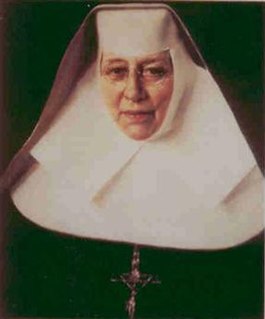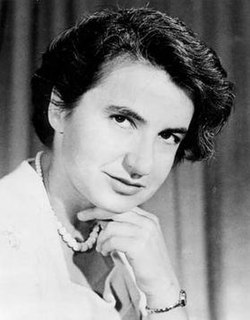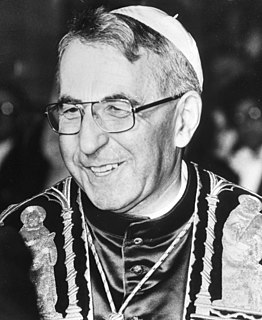A Quote by Freya Stark
Life, to be happy at all, must be in its way a sacrament, and it is a failure in religion to divorce it from the holy acts of everyday, of ordinary human existence.
Related Quotes
When you are happy you are ordinary, because to be happy is just to be natural. To be miserable is to become extraordinary. Nothing is special in being happy - trees are happy, birds are happy, animals are happy, children are happy. What is special in that? It is just the usual thing in existence. Existence is made of the stuff called happiness. Just look! - can't you see these trees?...so happy. Can't you see the birds singing?...so happily. Happiness has nothing special in it. Happiness is a very ordinary thing.
We define religion as the assumption that life has meaning. Religion, or lack of it, is shown not in some intellectual or verbal formulations but in one's total orientation to life. Religion is whatever the individual takes to be his ultimate concern. One's religious attitude is to be found at that point where he has a conviction that there are values in human existence worth living and dying for.
The unique and indivisible existence of the Lord glorious in heaven, is not multiplied, but is rendered present by the sacrament in the many places on earth where Mass is celebrated. And this existence remains present, after the sacrifice, in the Blessed Sacrament, which is, in the tabernacle, the living heart of each of our churches.
If life is to be fully human it must serve some end which seems, in some sense, outside human life, some end which is impersonal and above mankind, such as God or truth or beauty. Those who best promote life do not have life for their purpose. They aim rather at what seems like a gradual incarnation, a bringing into our human existence of something eternal, something that appears to imagination to live in a heaven remote from strife and failure and the devouring jaws of Time.
You look at science (or at least talk of it) as some sort of demoralising invention of man, something apart from real life, and which must be cautiously guarded and kept separate from everyday existence. But science and everyday life cannot and should not be separated. Science, for me, gives a partial explanation for life. In so far as it goes, it is based on fact, experience and experiment.
The priestly vocation is essentially a call to sanctity, in the form that derives from the Sacrament of Holy Orders. Sanctity is intimacy with God; it is the imitation of Christ, poor, chaste and humble; it is unreserved love for souls and self-giving to their true good; it is love for the church which is holy and wants us to be holy, because such is the mission that Christ has entrusted to it. Each one of you must be holy also in order to help your brothers pursue their vocation to sanctity.
There are no ordinary people. You have never talked to a mere mortal.... Next to the Blessed Sacrament itself, your neighbor is the holiest object presented to your senses. If he is your Christian neighbor he is holy in almost the same way, for in him also Christ verse latitat - the glorifier and the glorified, Glory Himself, is truly hidden.





































